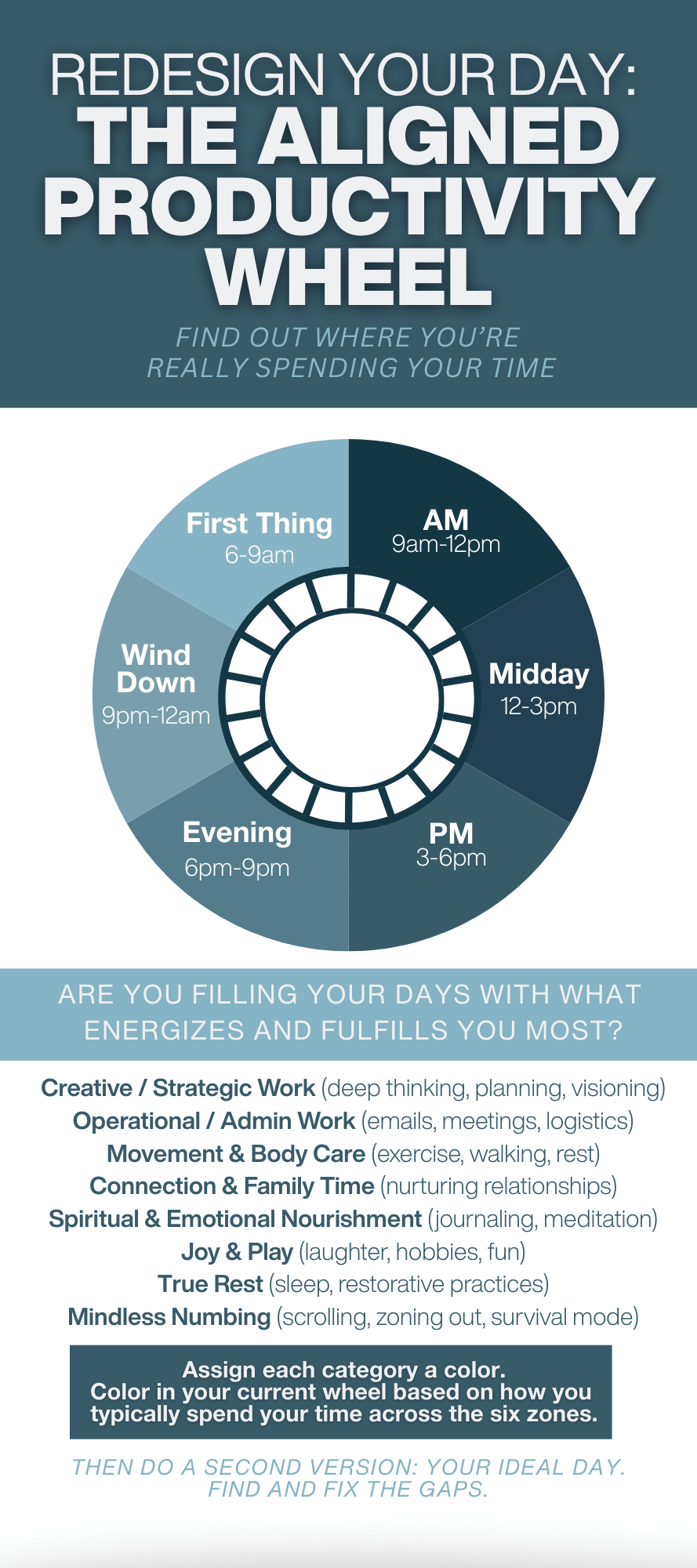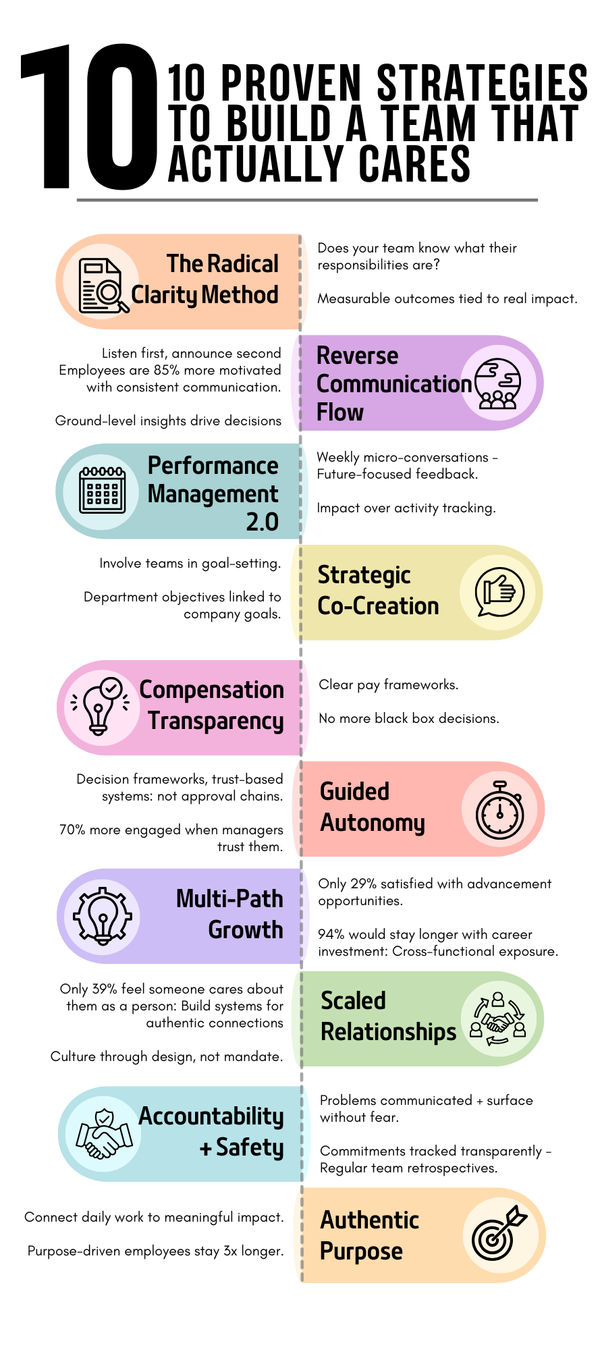
sailboat sails
One of the top work productivity pitfalls I see is overthinking email. Well-intentioned, hard-working individuals put so much thought and effort into every email that the medium becomes completely inefficient. Here are three major warning signs.
1. The act of composing an email is a stressful activity.
[contextly_auto_sidebar id="D4h311mzKwpwwc6YiU1WuNNvIQDZmKAX"]If the experience of writing an email feels fraught with complexity, uncertainty and stress, you're overthinking it. And chances are good that you're also procrastinating on some emails you need to send.
Solution: Identify the core action your email must catalyze. What one or two things do you want your recipient to do as a result of your email? Then compose a message with only that call to action, worded as directly and succinctly as possible.
Depending on your style and relationship with the recipient, you could send the message as is:
- Can you add the agenda for next week's meeting to my calendar?
- Please send me an invoice for your travel expenses.
- Can you update me on our new project timeline?
- Please set up a call with Vendor X for next week.
If needed, add one to three sentences for context. I recommend one of these be something like, "Call me if you need more context."
2. You agonize over how the recipient might react.
It's good to take your recipient into account while writing an email, but too much of anything can be a bad thing.
As an example, check out this new email app called Crystal:

http://www.huffingtonpost.com/2015/03/25/crystal-gmail-app_n_6931478.html
Once you've signed up (Crystal recommends signing up via LinkedIn), your Crystal account will generate personality profiles based on your public social media posts and pretty much anything else that comes up when someone Googles you. The Chrome extension will also make a button appear on LinkedIn pages, letting you view personality profiles of other LinkedIn users. With the personality profile, you'll see advice on how to speak to the person, email them, work with them and sell to them. You'll even be told what comes naturally to them and what does not. This App Wants To Change Email Forever -- By Getting Inside Your Head
The sentiment behind Crystal is definitely well-reasoned, but it sure doesn't seem like an efficient way to write email.
Solution: When in doubt, short emails focused on action will always win. An even more surefire solution is to send a short email with a final line offering to jump on a quick call to offer additional context or answer questions if needed.
This way, you won't inundate recipients who prefer to scan emails, and you also accommodate recipients who need more context before taking action.
3. Writing emails is a time-consuming part of your day.
You may not feel either of the emotions described above, but if the bulk of your day is just composing messages, you're still overthinking email.
Solution: Identify the core reason writing emails is so time-consuming, and find a way to accelerate the process. Here are some of the issues I see most.
- Writing the same types of emails over and over, from scratch. When you reply to an FAQ-like message, and you like your reply, capture it and boilerplate it. I use TextExpander to assign hotkeys to entire paragraphs of text.
- Status updates to bosses and other stakeholders. Capture the most commonly asked questions and compile them, along with key metrics, into a shared dashboard.
- Your emails are too long. Pick up the phone and call, or walk over to the colleague's desk. If neither are an option, try the solutions above to shorten your emails.
I hope these tips help you stop overthinking email. It's one of the most powerful tools we have in the modern workplace, when used excellently.
And if you know someone else who could use a lesson in email brevity, send them this post or send them a tweet by clicking below:
[Tweet "Do you overthink email? This post from @efficient will help you stop."]









Member discussion